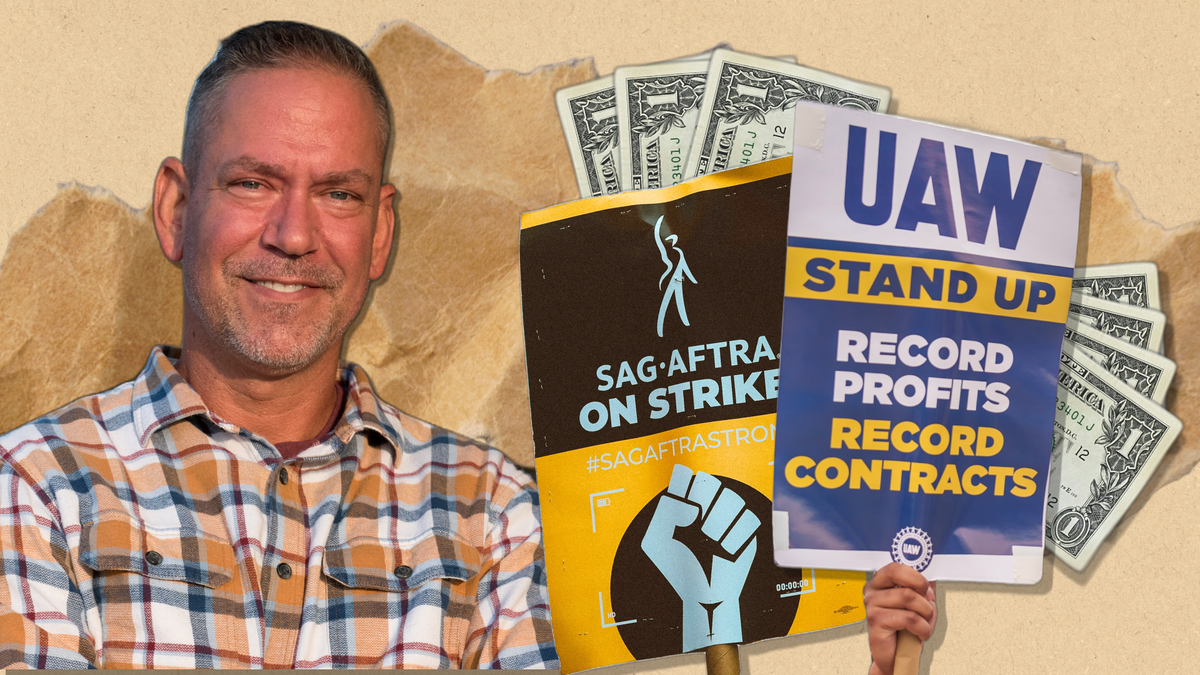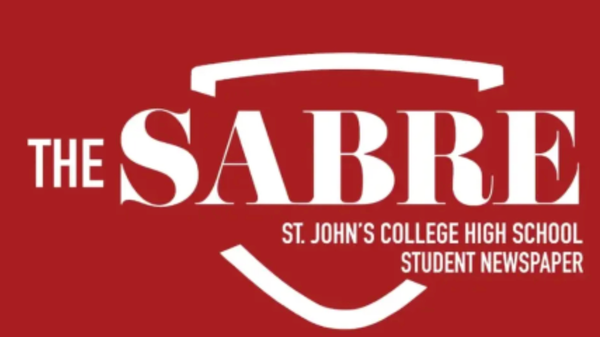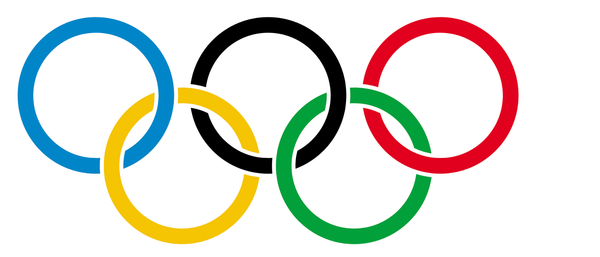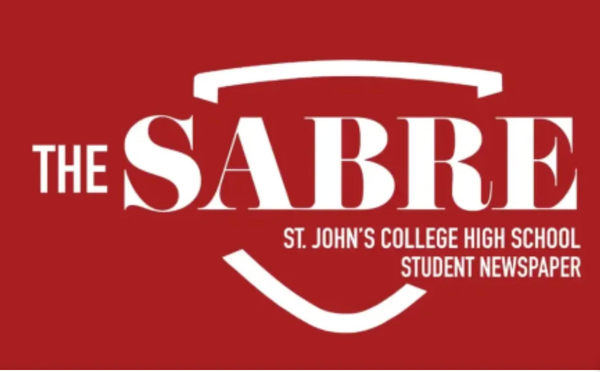Editorial — What The Nebraska Senate Race Tells Us About America

Last Tuesday, as election results emerged, one surprising race unfolded in Nebraska's Senate election. Although often overlooked in national coverage, this contest could mark a significant shift in American politics, potentially impacting future presidential races.
Deb Fisher has been representing Nebraska in the Senate for almost 12 years and has been largely unopposed, with the seat being marked as a safe Republican win. However, this year was different. Dan Osborn decided he’d take a chance and took the leap, worrying Fisher’s team. In fact, it was so close, Osborn was ready to remove her nameplate and replace it with his own. If there’s ever a moment for an interrobang (‽), it’s to describe how I felt when I heard he’s also an independent.
“He’s an independent!?”
But who is this third party candidate shaking up the election, and how did he get Republicans worrying over a traditionally conservative position? Just a fairly normal guy. Dan Osborn is a US Navy veteran and worked for a living wage as an industrial mechanic for Kellogg’s, where he then became a union leader and later rose to union president. He’s been registered as an independent for 20 years and, this year, decided to dip his toes in politics.
Throughout the night, Osborn was consistently leading, however, around early morning he was overtaken and eventually Deb Fisher was declared as the winner.
What does this mean for US politics as a whole?
Osborn represents a current trend in politics, one that just influenced the presidential race. He’s stripped his campaign of party affiliation and strayed away from identity politics. Osborn campaign solely focused on populist economics, taking a strong pro-union stance, supporting the raising of the national minimum wage, and defending right-to-repair.
Both parties have been trying to appear as pro-union and for the working class in an attempt to appeal to voters. We also see this trend in history, for example with FDR, who took over after the Great Depression. Roosevelt's approval rose significantly through his focus on stabilization and recovery of the economy.
Many Americans are fed up with the current two party system and while a third party candidate has never been very viable, Osborn could mark the beginning of local elections becoming open to more parties, especially as many states enact ranked choice systems. Deb Fisher's marginal 7 percent lead over the other party speaks to the viability of a potential alternative party.
In conclusion, Americans are increasingly feeling the strain of inflation and stagnated wages. This concern extends to politics, as the Associated Press identified the economy as a primary issue in their 2024 VoteCast political survey, mirrored by the results of our own survey of SJC students. Experts speculate that the Trump victory was significantly driven by economics and predict that the issue will own grow in importance until it is resolved, potentially being key to the presidential race.




